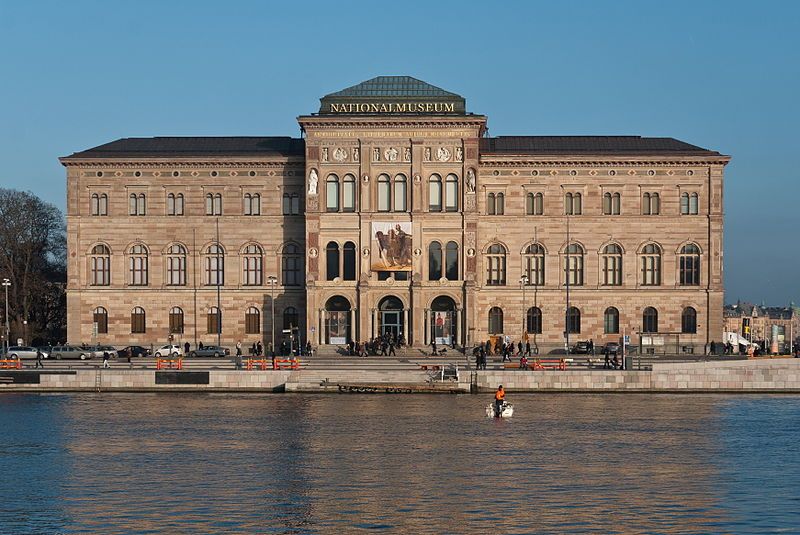The National Museum has confirmed that it will shortly commence a round of redundancies in a bid to cut 30.6 million kroner from its annual budget to balance its books because of ongoing cuts to its public funding.
There had been a hope that the museum could make up the necessary shortfall by charging admission prices, which were introduced in 2016, but it has now conceded defeat and confirmed the redundancies will be finalised by October.
A comprehensive analysis carried out over the spring will determine who will lose their job. The museum is unable to estimate how many face redundancy.
READ MORE: Denmark’s two largest museums no longer free
Cuts introduced in 2016
The cuts in public funding began in 2016 and amounted to 2 percent each year, racking up annual shortfalls of 16.3, 24.4 and 30.6 million kroner up until 2018.
“I am really sorry about the situation,” lamented museum head Rane Willerslev. “I have used every opportunity to put our case to the politicians. But there are unfortunately no signs they will change their mind.”
The only hope for the museum’s employees would be if the National Museum could reduce costs by giving up the use of some of its buildings and in some cases relocating to others.














